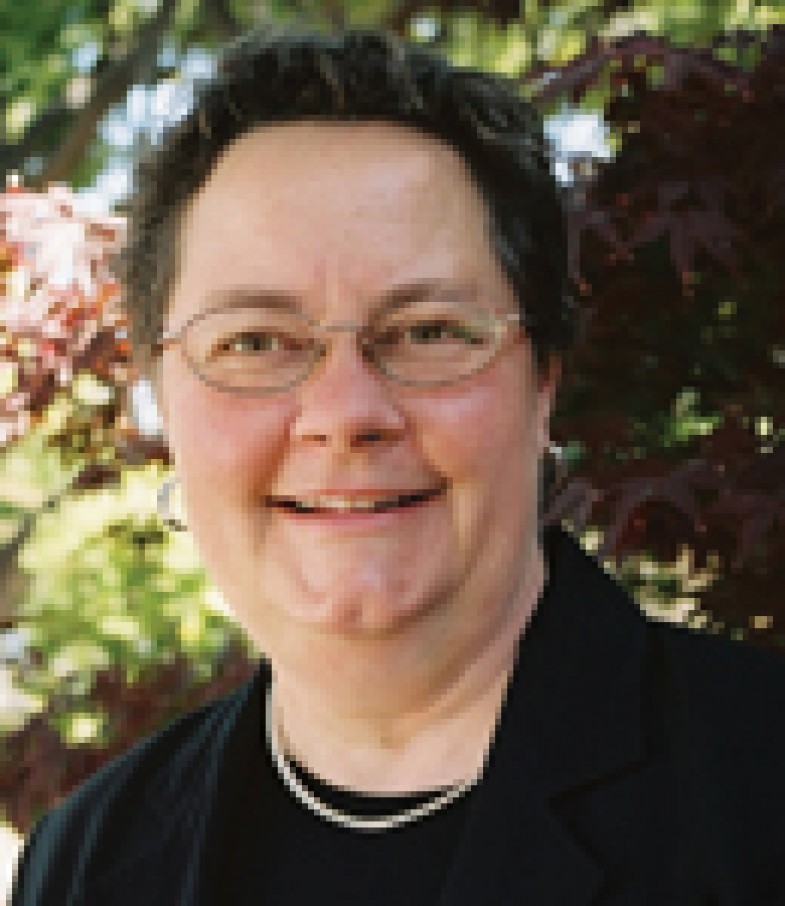COMMONS MAGAZINE

Kim Klein, an eminent authority on fundraising for non-profit groups, first realized the importance of the commons one afternoon at a workshop in Monterrey, California.
“I was fielding questions about how groups can raise money,” she remembers, “and I realized that half the people in the room were school principals and superintendents, who were taking a day off of work because raising money had become so important to their jobs.”
Klein, author of Fundraising for Social Change and co-founder of the Grassroots Fundraising Journal, immediately wondered, “What’s going on here?” Education is a commons that should be supported through public taxes, she says, not private donations. If school principals need to write grants to cover teacher’s salaries, something is wrong.
Even more shocking is another growing segment of the fundraising business that Klein has noticed. “About twice a month I get call from parents who want to raise money to buy Kevlar vests for their kids in the Iraq War. Everything has become so privatized—even the safety of our soldiers.”
It’s become her mission to highlight the importance of the commons to people in the non-profit sector, which accounts for 10 percent of the workforce in the U.S. and 12 percent in Canada. She does this through her firm Klein and Roth Consulting and the activist group Building Movement Project .
For Klein, a Methodist who once considered becoming a minister, the commons is a spiritual as well as a political and social issue.
“I introduce the idea of the commons into all my workshops, conversations and speeches,” she adds, “starting with the premise that the commons is becoming enclosed because of privatization, poor tax policy, environmental degradation and the like. I am now leading specific workshops o the role of taxes in our society.”
Klein lives in California, and therefore is seeing firsthand the pain and suffering that happens when the public reflexively opposes tax increases. “Our anti-tax stand threatens everything we hold dear,” she wrote recently in her lively blog Kim Klein and the Commons. “All domestic violence funding—cut entirely. Cal-Works, a very successful welfare to work program—cut entirely. Guaranteed health care for uninsured children—cut. And the list goes on.”
Even 80 percent of the state parks were going to be closed, and people caught visiting them would face arrest. The prospect of shutting down natural areas belonging to all citizens proved so unpopular that Governor Arnold Schwarzenegger found the money to keep them open, although cutbacks in staff, maintenance and hours still pose a long-term threat to their future.
“Tax cuts rarely save money for the public,” she notes. “They enclose our commons and they allow only very wealthy people and corporations to become wealthier. The sooner we understand the absurdity of saving money by cutting taxes, the sooner we can actually become the…nation that people imagine: welcoming to all, with high quality schools and health care, well paying jobs, and vast protected natural beauty.”
She notes that in many countries,“ people pay half their income in sales and income taxes. But they get a lot for it. Unlimited health care and universal higher education, for a start. That’s why they don’t hate taxes.”
Klein’s vision of a commons-based society is built on a foundation of sensible tax policy as well the civic sector, community involvement and treating one another well. “How do we make sure each person has what they need and how can we take care of the common good? That cannot all be accomplished by philanthropy, it needs public funding.”